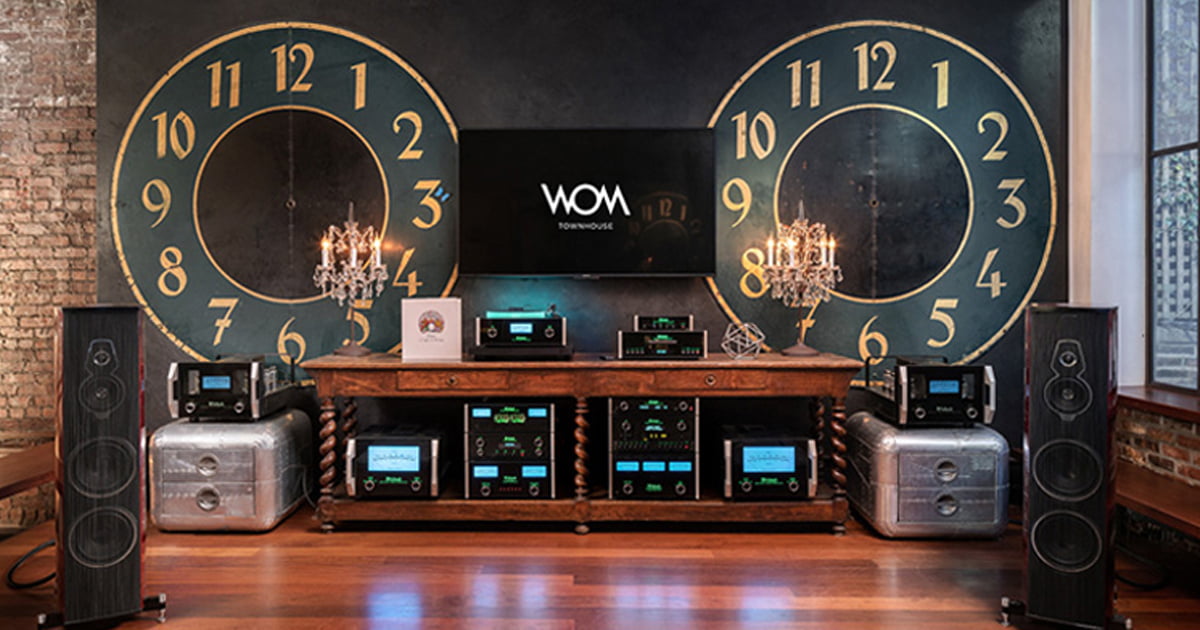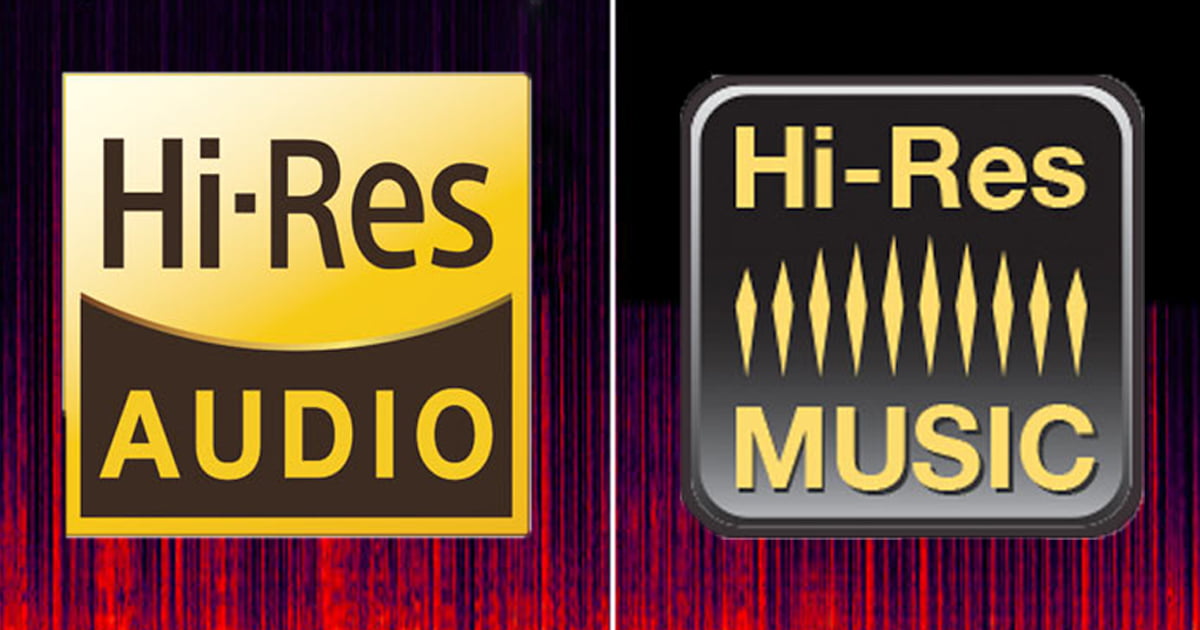It’s the time of year for saving money!
As one of the founders of the Carolina Audio Society, one of my personal goals was the sharing of favorite music among members. Not only will such music be heard at CAS sponsored events, new music previously unheard from someone you know possibly carries a little more weight than from someone you don’t. Our efforts in this area have a way to go but all said, I firmly believe an audio society offers a great opportunity to learn about new music.
 That is one of an audiophile’s manifest goals, is it not, discover new music? Let’s face it, any of our favorite tracks become old and tired eventually – hence the interest in something new. We need to continually hear new music on our systems for any number of reasons. Clearly, the obvious one is we simply like new music. Secondary to that is the curiosity in how something previously unheard sounds on our system – almost a verification of system sonics.
That is one of an audiophile’s manifest goals, is it not, discover new music? Let’s face it, any of our favorite tracks become old and tired eventually – hence the interest in something new. We need to continually hear new music on our systems for any number of reasons. Clearly, the obvious one is we simply like new music. Secondary to that is the curiosity in how something previously unheard sounds on our system – almost a verification of system sonics.
“the absolute sound” (tas) began publishing “HP’s Super List” (tas founder Harry Pearson) several decades ago. HP would categorize his favorite music into genres with the intention of giving readers an insight into the music he most enjoyed. In modern times, Jonathan Valin carries the list forward, most recently with new additions to the list published in April of 2018.
There are, of course, other lists of music. Rolling Stone Magazine regularly has the “Top 100” or “Top 500” of some classification, maybe Rock and Roll, R&B, Rap or Pop influenced tracks. These lists usually show up on the Internet from time to time in any number of places. I almost always scroll through all hundred or more selections and oftentimes find myself in disagreement with their choice for number one. I feel certain I am not alone in such practices.
 Lists such as these allow all music lovers, not just audiophiles, a means to remember music long forgotten, discover something not previously heard, and of course, my favorite, develop my own personal list. I find myself curiously thinking something like “you have this song in the top five and not this one? I laughingly wonder who develops these lists and why I wasn’t consulted for the top five or ten “best of” tracks. Because certainly, if I liked these songs, and not these other songs, doesn’t everyone feel the same way?
Lists such as these allow all music lovers, not just audiophiles, a means to remember music long forgotten, discover something not previously heard, and of course, my favorite, develop my own personal list. I find myself curiously thinking something like “you have this song in the top five and not this one? I laughingly wonder who develops these lists and why I wasn’t consulted for the top five or ten “best of” tracks. Because certainly, if I liked these songs, and not these other songs, doesn’t everyone feel the same way?
It does, however, raise a legitimate question. When one of these lists is read, and the reader disagrees with some measure of, I don’t know, the top five, ten or twenty songs, does the list therefore have any value or is it a waste of time because of a difference of opinion? It stands to reason that not every music enthusiast will be in total agreement with any of these compilations. In fact, put two music lovers in the same room and ask them to name the best five songs ever recorded and the answers might wildly vary. Just like the foods we enjoy and the cars we drive, variety is what helps further commerce and allows each of us some degree of individuality.
While there are lists of songs appearing at various places and at various times, it certainly does not mean any of them are absolutely comprehensive. If I really like R&B and I find myself scrolling a Heavy Metal list, what good will that really do for me? Okay, sure, I suppose with a little searching, finding a list of almost any genre is possible. Still, however, the question remains, are these lists of any value, particularly if I wholeheartedly disagree with the content?

Sometimes, when I look at music lists with hundreds of selections, I find typically myself quickly disinterested. Quite often, I will not recognize some portion of reconciled music. Historically, the difficulty in procuring and evaluating so many songs (or albums) I didn’t know was more involved than what interested me. I found myself thinking “why can’t the list be maybe half as long?” Because the longer the list, the more searching and evaluation is required. Any song previously heard made the list easier to judge its worthiness.
Streaming services such as Tidal and now Qobuz will almost certainly make evaluations much easier. Taking a list such as the tas Super List and checking out a selection on Tidal should make things pretty simple. This is one step beyond the finding new music benefit that streaming already offers. Having a preexisting list also removes much of the guesswork that finding new music on a streaming site requires. Personally, I see having access to millions of songs sometimes makes finding new music decidedly more difficult. Having a list of songs to check out gives a starting point, thus making the process simpler.

Lists of music are not substantially different than lists of anything else. They are a simplified way for readers to agree or disagree with someone else’s slecctions and, perhaps, develop their own list. I tried to come up with a list of my own top ten all time favorites but could not. I found myself not wanting to discount some songs in favor of including others. So I’ll just keep adding to my “Five Star List,” which now has about a hundred and fifty songs. Maybe the rest of these lists might be better served for nostalgic or curiosity purposes than anything else. At the end of the day, lists of greatest all time songs simply gives the reader something new and different to consider. Maybe that is their greatest gift.
Here’s a question. The linked list of Rolling Stone’s 500 All Time Greatest Songs has Bob Dylan, “Like A Rolling Stone” as the greatest song ever. Do you agree with that? I don’t. Ask me which one IS my favorite of all time? Hmm, gotta think about that. Maybe I should look for a list of…









I definitely like the Top N lists as they remind me of songs I haven’t thought about in a long time. Or maybe an artist that I don’t listen to that often.
Regarding the Rolling Stone’s list, my choices for the top list would definitely look different. As you pointed out, probably everyone’s list would. I’m 56 so I grew up in the era of Bob Dylan. But I have never understood the attraction to his music.
Also, why have a list that spans most genres? ¯_(ツ)_/¯ If you primarily listen to Rock, you probably aren’t interested in seeing Jazz titles listed.
I always thought of these lists as fun conversation starters. The point isn’t necessarily to work towards agreement, but I find it interesting that there actually is so much agreement.
Most people think about music appreciation as entirely subjective, but if that’s true, then why are so many of the top 10 or 50 (or whatever number) of albums or songs the same? They might move a little bit as some albums gain or lose favor or as new classics emerge, but I, for one, don’t recall ever seeing a top 10 album list that doesn’t include at least two Beatles albums.
Some might say that reflects’ Boomers impact and the Gen Xers’ deference to the Boomers. Or maybe it’s just the water we’ve all been taught to swim in. To speak ill of the Beatles is akin to blasphemy in any record store or musical forum that I know of.
And why is it that that Revolver is almost always on those lists but not Beatles For Sale or Let It Be? I, personally, don’t disagree with ranking Revolver much higher, but it does point towards a sense of collective objectivity, if we could only find out what those qualities are.
And as for me, if we’re talking about all-time greatest song, it has to The Flamin’ Groovies’ “Slow Death.” Or maybe “Trash Fever” by Charlie Pickett and the Eggs? Or maybe …
Good article.
Everyone has their own personal tastes and be it is very much like fingerprints which no person has the same.
The Rolling Stone Magazine’s #1 song is a vanity thing (Like A Rolling Stone). Bob only sang it.
Rolling Stone slagged the first Led Zeppelin releases in their record review section. Now they are acting like they were the next best thing to the invention of the guitar. Tastes change–except when they make ‘lists’. And try to shove tastes down the throat.
As for Dylan… Liked the early years (grew up in that era being born in 1956 and having a sister five years older and was struck with early 60s music onward in a number of various genres). Last Dylan released I really, really liked was Blood On The Tracks and then tastes changed still again (as did Dylan’s styles). His folkie era remains to be outstanding.
My #1 Song? Don’t really have one. Too many to truly choose something. Same with favorite LP as again there have been too many in the last 60 years in my life (as for placing any Beatle LP up there it’d have to be Abbey Road instead of Revolver, or it’d be Magical Mystery Tour, or…).
Heck, my most favorite song at one time was My Boomerang Won’t Come Back by Charlie Drake in 1961. https://www.youtube.com/watch?v=Bp0C61PbrLk.
Sad, eh? Not on my list anymore. 😉
In regards to lists in itself. They are not the said all and be all. Can be seen as maybe there’d be only something of possible interest and nothing more. Many have Stairway To Heaven as their Number One (way too, too many on the Rock lists anyways). Just my opinion. Good song, yet something else such as…
There’s another list that bothers me to no end. The yearly list for the Rock And Roll Hall Of Fame. Whoever comes up with it has their heads up their ass. Janet Jackson has been nominated (which is the furthest genre from Rock And Roll), yet a band who made the rock anthem Born To Be Wild (Steppenwolf) has from what I understand never even been considered! Sheer crap and stupidity? Yes, are are bands and individuals in the RnR HOF worthy of RnR status, although many have been missed or passed by for terrible selections! Again, only my opinion… I have the right to agree to disagree. As we all do.
My general likes? A fair bit of things except rap and hip-hop. Sadly those don’t seem to be going the way of Disco…
Thanks, Don, glad you enjoyed the piece.
BTY, Probably one of my favorite song of all time is Walking In Rhythm by the Blackbyrds. Oddly enough, I have it but seldom play it. Can’t imagine why that is. Anyway, happy listening!